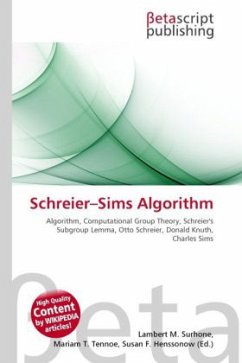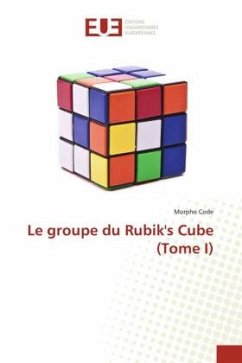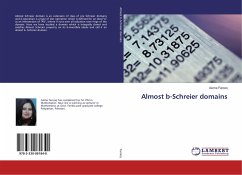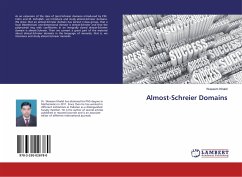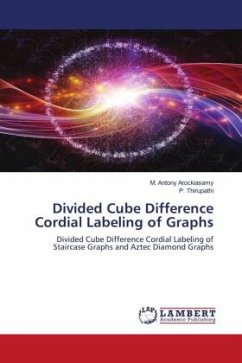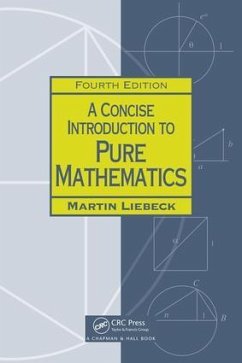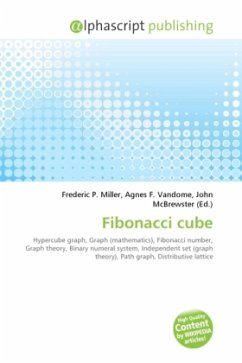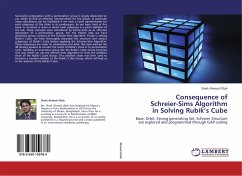
Consequence of Schreier-Sims Algorithm in Solving Rubik's Cube
Base, Orbit, Strong generating Set, Schreier Structure are explored and programmed through GAP coding
Versandkostenfrei!
Versandfertig in 6-10 Tagen
32,99 €
inkl. MwSt.

PAYBACK Punkte
16 °P sammeln!
Successful computation with a permutation group is largely depended on our ability to find an effective representative for the group. In particular many calculations can be facilitated if we have a coset representative for each subgroup of the chain in its predecessor. So we have tried in this book to construct a chain in which each subgroup is a point stabilizer of the last. These concepts were introduced by Schrier-Sims as an effective description of a permutation group. For the holistic idea we have described various versions of the Schreier-Sims Algorithm. Finally in solving Rubik s Cube, ...
Successful computation with a permutation group is largely depended on our ability to find an effective representative for the group. In particular many calculations can be facilitated if we have a coset representative for each subgroup of the chain in its predecessor. So we have tried in this book to construct a chain in which each subgroup is a point stabilizer of the last. These concepts were introduced by Schrier-Sims as an effective description of a permutation group. For the holistic idea we have described various versions of the Schreier-Sims Algorithm. Finally in solving Rubik s Cube, we have thoroughly discussed the structure and various subgroups of Rubik s Cube before applying the Schreier-Sims Algorithm. These subgroups are easier to understand and solve. We have marked the 48 moving squares to convert the twists of Rubik s Cube in to permutation cycle. Handling an enormous group like the Rubik s Cube Group becomes very easy when we use the Schreier-Sims Algorithm to form the stabilizer chain of the Rubik s Cube Group. This stabilizer chain was then used to factorize a random element of the Rubik s Cube Group, which will lead us to the solution of the Rubik's Cube.





